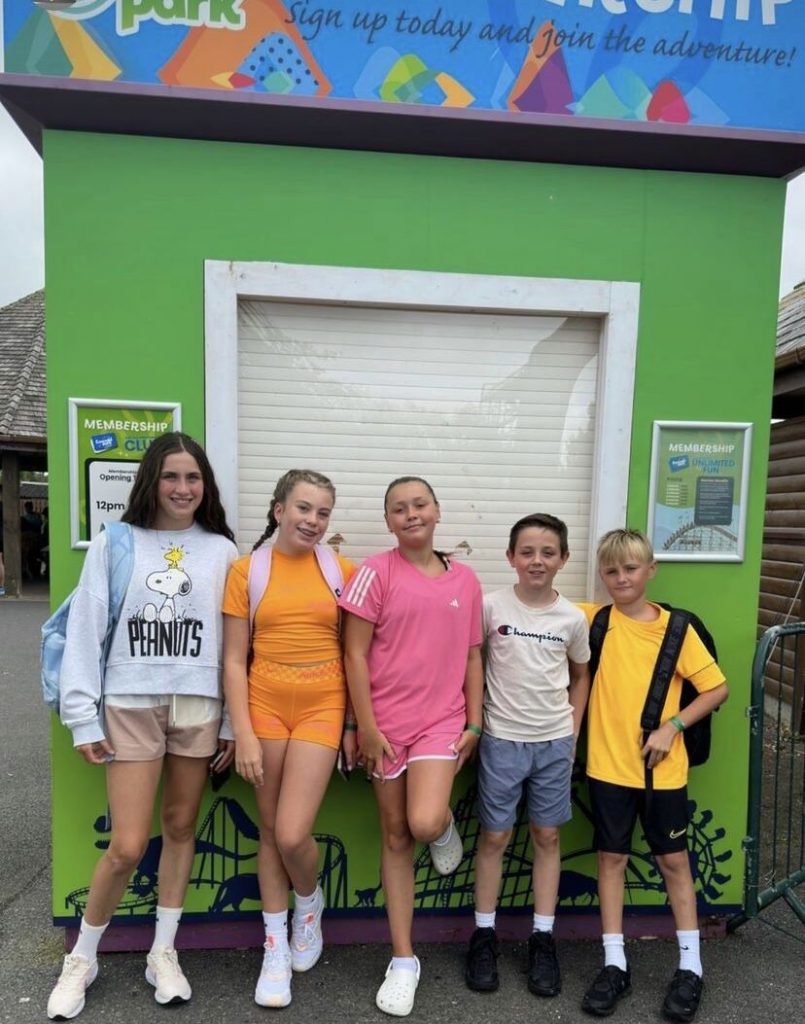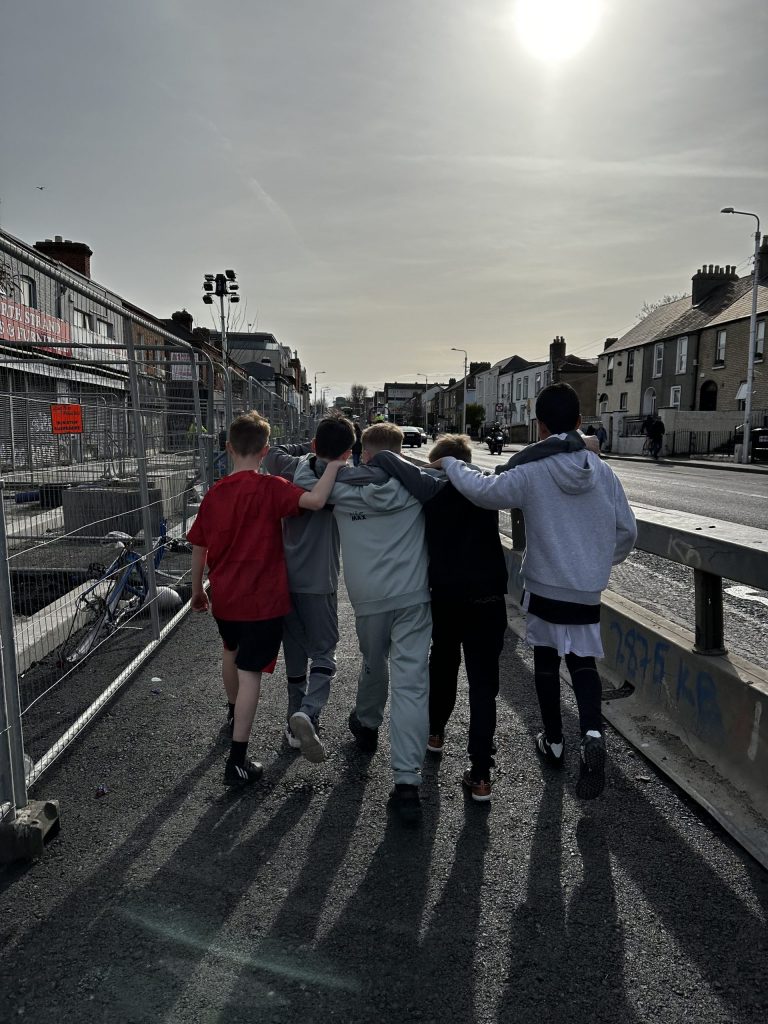There is a debate between practitioners regarding directly training young people in RP or not.
For some, training the young people is not necessary. It is enough to model RP in all interactions with them. They became familiar with it, and it slowly grows in their mindset. This is undoubtedly a precious approach, but it also means that it relies on the level of modelling by the staff.
Pilot training with 7-9 years old
Training young people can be a way of empowering them and is more youth-centred. However, it takes time, and it is crucial to design an adapted training, experiential and fun. This approach was successfully piloted with a group of 7 to 9-year-olds. It was mostly about playing collaborative games, reflecting on them afterwards, during short debriefings, and discussing relationships and conflicts. Affirmation Names were used for a time in the club, and each member would have a positive adjective attached to their first name: Jammy James, Joyful Julie, Awesome Anthony, etc.… This was also a fun way to introduce the RP ethos, reminding everybody to see the positive in everyone and building self-esteem. However, the programme was difficult to sustain: most young people, when coming to the club, expect a specific type of activity linked to art, sport, lego or drama. Only one staff member was trained as a trainer, and there was reluctance from others to run this training among young people, so it was not continued.
Material
A bank of circle prompts and collaborative/restorative games was created – it is part of the BYC RP Manual – to be used by youth workers in their group when needed. This might be a middle-way solution: direct/informal training occurs occasionally, at the beginning of a session or at the end, or when there is a gap between activities, while the staff keeps modelling good practices and RP approaches.
Training TY students
More recently, a training was designed for Transition Year students doing their work placement in BYC. It is experiential and introduces them to the importance of relationships, community, collaboration and communication. It is designed to raise awareness of how they interact with young people and each other and to promote restorative language use. It has been piloted, and the feedback is positive: TY students enjoyed the games, the opportunity to discuss and the scaffold it provided them when interacting with young people, especially at the beginning. Dean and Denise, who delivered the training and mentored the young people, noticed the group was very engaged and helpful when they joined activities with young people. The training was also a meaningful way to provide induction and support. However, the students also thought the sessions were a bit too long (1h15mn for 8 weeks), and we are thinking of shortening them to 45mn.



